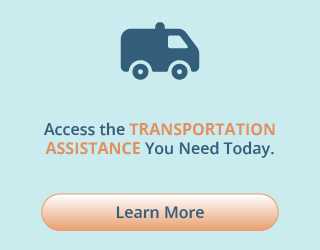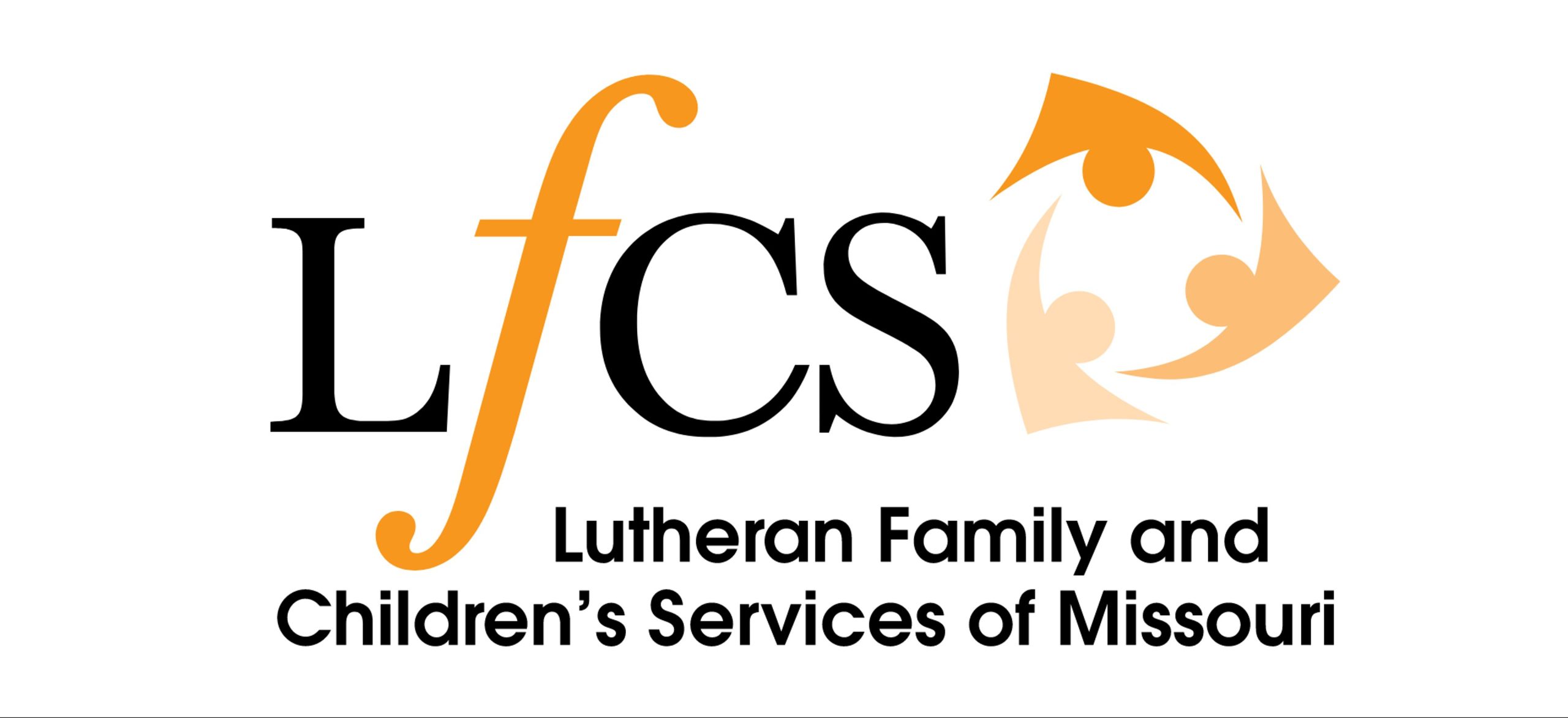A balanced and nutritious diet is essential during pregnancy, but with rising costs, it can seem easier said than done. How do you support good health when on a budget?
Help is available. The providers under Missouri’s Alternatives to Abortion Program can offer resources and support to find what’s needed during this time.
Continue reading to learn essential tips and nutrition information. You can also contact us for more information about our providers.
1: Incorporate Whole Foods Into Your Diet
Whole foods like lean proteins, whole grains, fruits, and vegetables are typically more nutrient-dense, allowing you to receive more vitamins and minerals that support a healthy pregnancy.
Incorporating these foods into your diet may seem challenging when your finances are limited, but there are workarounds. For example, frozen vegetables can be cheaper and last longer while still having many of the same nutrients. Additionally, check the sales when buying fresh produce and choose the store with the best pricing and specials.
2: Shop Local
Buying local items like fresh produce and seasonal foods can be a cost-effective way to stretch your budget. Researching farmers’ markets in your community can give you an idea of prices and allow you to purchase items at lower costs.
Keep in mind that not all products at farmers’ markets are cheaper, but some are. You may find that eggs, herbs, and peak-season produce cost less than grocery store prices.
3: Purchase Store-Brand & Generic Items
Avoiding name-brand items is an easier way to get nutrient-rich foods like leafy green vegetables and whole grains at a fraction of the cost.
Though name-brand labels may be more recognizable, opting for the store-brand version usually means saving money without skimping on nutrition.
4: Create Shopping Lists and Meal Plans
It’s easy to spend more money than expected with impromptu grocery shopping. Those extra costs can add up quickly, and you may not consume all the food you purchase.
Setting aside time at the beginning of each week to plan your meals can give you an idea of what staples, like rice and vegetables, you’ll need. You can rotate different protein sources to provide variety while limiting extra costs.
Creating and sticking to a shopping list can also help avoid impulse purchases and prevent you from buying things you don’t need.
5: Seek Additional Support
Knowing which foods to eat during pregnancy can be challenging, and you may not know where to begin. Additionally, you might wonder what support is available as you adjust to life with a newborn.
It’s critical to know that resources are available well after pregnancy. For example, the Special Supplemental Nutrition Program for Women, Infants, and Children (WIC) provides infant formula, ensuring your child receives needed nutrients if you select this feeding option.
The providers under Missouri’s Alternatives to Abortion Program can help you find low-cost and free food sources, learn about nutrition, and ensure you’re meeting you and your baby’s needs during and after pregnancy.
Help is Available
Getting started is easier than you may realize. You are eligible for our program if you are a pregnant woman who:
- Wants to carry your unborn child to term instead of having an abortion
- Is a United States resident who lives in Missouri
- Makes less than 185% of the federal poverty level
Contact us today to learn more about Missouri’s Alternatives to Abortion Program. You can also email DFAS.A2APROGRAMS@dss.mo.gov with any questions.













